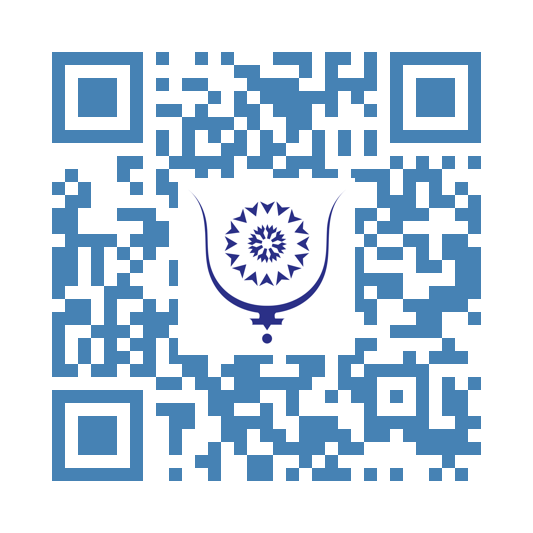Morocco–United States and Côte d’Ivoire: The New Strategic Framework to Strengthen the Counterterrorism Fight in the Sahel 7614
On April 24, 2025, in Abidjan, the Ivorian Minister of Defense, Téné Birahima Ouattara, received the United States Ambassador to Côte d’Ivoire, Jessica Davis Ba, accompanied by General Michael Langley, the renowned AFRICOM commander. This meeting clearly fits into a major geostrategic dynamic where Côte d’Ivoire, Morocco, the United States, and the G5 Sahel countries are strengthening their cooperation to combat the transnational terrorist threat that has long destabilized the Sahel and North Africa. It is worth recalling that the pact concluded in Algeria under Bouteflika with armed groups shifted the threat southward within the country, exacerbating instability in the Sahel after a war that caused more than 250,000 Algerian deaths.
In this new security architecture, Côte d’Ivoire positions itself as a key player south of the unstable zones. Washington is intensifying its military presence there with a drone base in Bouaké and a donation of 12 armored vehicles to reinforce Ivorian defense, especially in areas exposed to terrorism. This partnership also includes training for Ivorian forces and the establishment of maintenance infrastructure, illustrating cooperation expected to endure over time. Joint exercises in Bingerville, still in Côte d’Ivoire, demonstrate the growing strength of Ivorian forces in synergy with the United States, consolidating an essential link in West African security. Côte d’Ivoire, historically allied with Morocco, thus becomes a central actor in this regional cohesion. This could not happen without Rabat being informed and possibly even playing a facilitating role beforehand.
Morocco asserts itself as a key actor in the counterterrorism fight in North Africa and the Sahel, coordinating its actions with the G5 Sahel, the most effective platform against various jihadist groups—essentially mere gangsters. Its intense participation in military exercises such as African Lion 2025, notably in its southern provinces, strengthens coordination with American, African, and other forces. Training in handling the mobile HIMARS artillery system, for example, testifies to the strategic depth of the Morocco–United States partnership.
This new regional cohesion makes the Kingdom a major stabilizer, promoting a multilateral approach to terrorism, illicit trafficking, and hybrid conflicts. The Sahelo-Saharan region, now aligned with Morocco, faces complex threats, including the porous links between separatist movements like the Polisario Front and terrorist networks. Southern Algeria has become a lawless zone conducive to trafficking and multifaceted jihadism, threatening regional stability. Mali increasingly denounces Algerian interference and its support for terrorist groups, while Mauritania recently closed its border with Algeria near Tindouf, the Polisario’s stronghold. Algeria, at worst, if not openly encouraging, tolerates its territory as a strategic fallback zone and a supplier—particularly of fuel—vital for the survival and activities of various groups.
The G5 Sahel Joint Force, even after the French withdrawal from the region, remains limited by funding and equipment deficits, highlighting the urgent need for strengthened international support.
The growing military power of Côte d’Ivoire, cooperation with Morocco, and American support thus fit into a comprehensive regional strategy to contain these threats. Algeria, despite itself, is a pressured partner, hosting the Polisario Front for over 50 years. Increasingly, this group is being labeled a terrorist organization and will soon be so in the USA by law. In May 2025, the American destroyer USS Forrest Sherman’s stopover in Algiers and joint naval exercises with the country reflect the US desire to maintain a strategic Mediterranean presence, thereby involving Algiers more in counterterrorism. The memorandum of understanding signed in January 2025 between Washington and Algiers underscores this increased responsibility regarding threats on Algeria’s southern borders.
The region is thus heading toward a new security architecture. The Abidjan meeting and the scale of maneuvers south of Morocco illustrate a profound transformation of security cooperation in West and North Africa. Morocco’s rise as a central actor, combined with strengthened partnerships between Côte d’Ivoire, the United States, and the G5 Sahel, shapes this new, more coherent and effective geostrategic architecture.
In the same vein, one can also mention recent visits by Emirati officials in the region and the very recent visit of Marshal Haftar’s son, General Saddam Haftar, to Niger, following previous visits to Burkina Faso and even Israel some time ago.
The noose is tightening around terrorist groups, now cut off from their strategic refuges. Their last resort remains the north via Algeria and Libya, where internal conflicts complicate the fight. This multilateral regional approach appears as the best response to restore stability and security in a region rapidly evolving due to recent political changes.
Morocco, the first to adapt to these developments, is reaping the benefits of its non-interference strategy by forging strong economic and strategic complementarity with its partners.
From Rabat to Abidjan, no zone escapes this economic and security dynamic desired by His Majesty the King. Algeria’s now shaky stance and its belligerent rhetoric toward neighbors no longer impress. The death knell has sounded for desert extremist groups, notably the Polisario and its ambiguous role for over half a century.



































